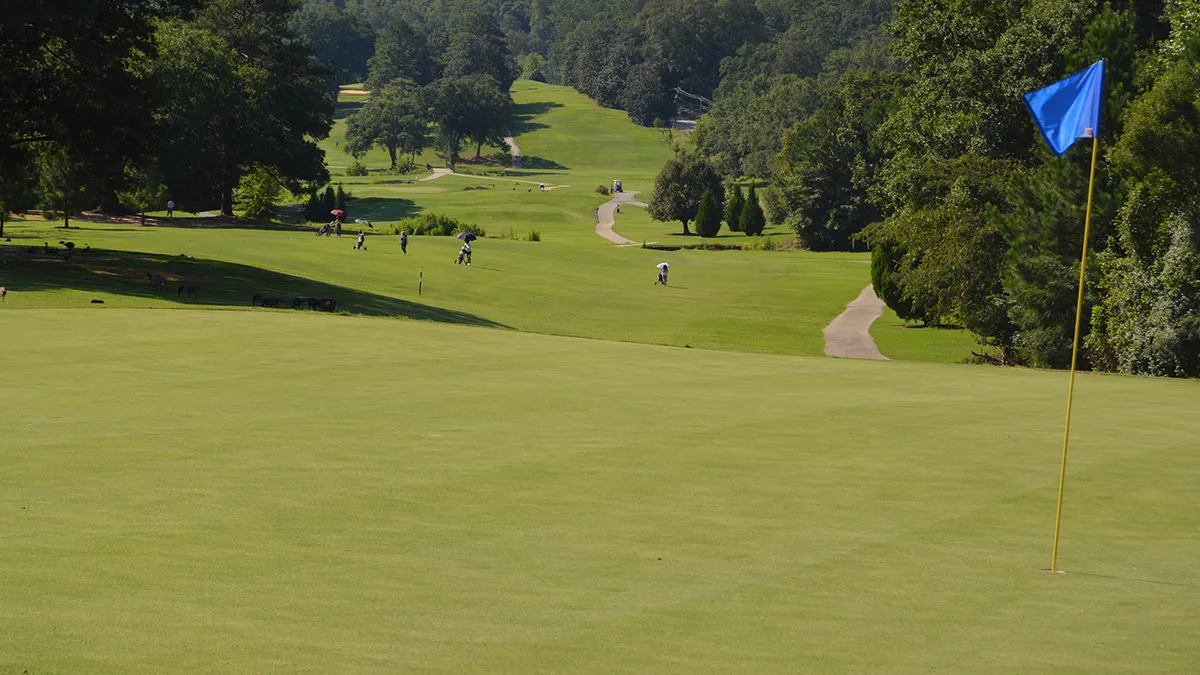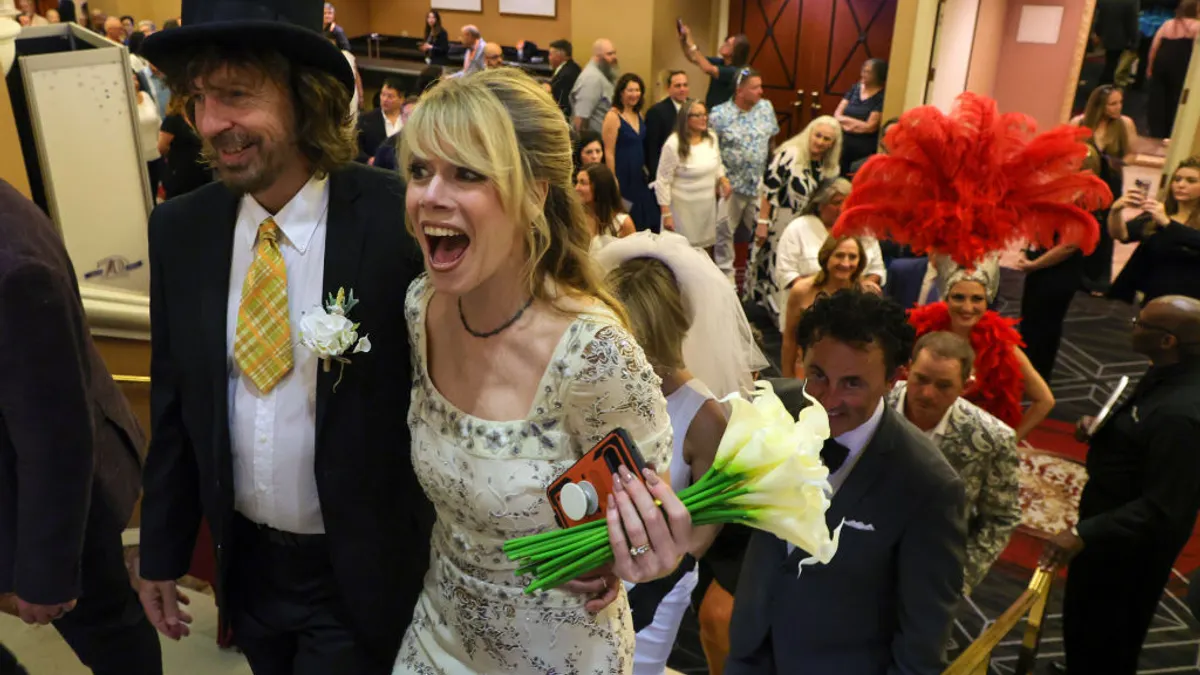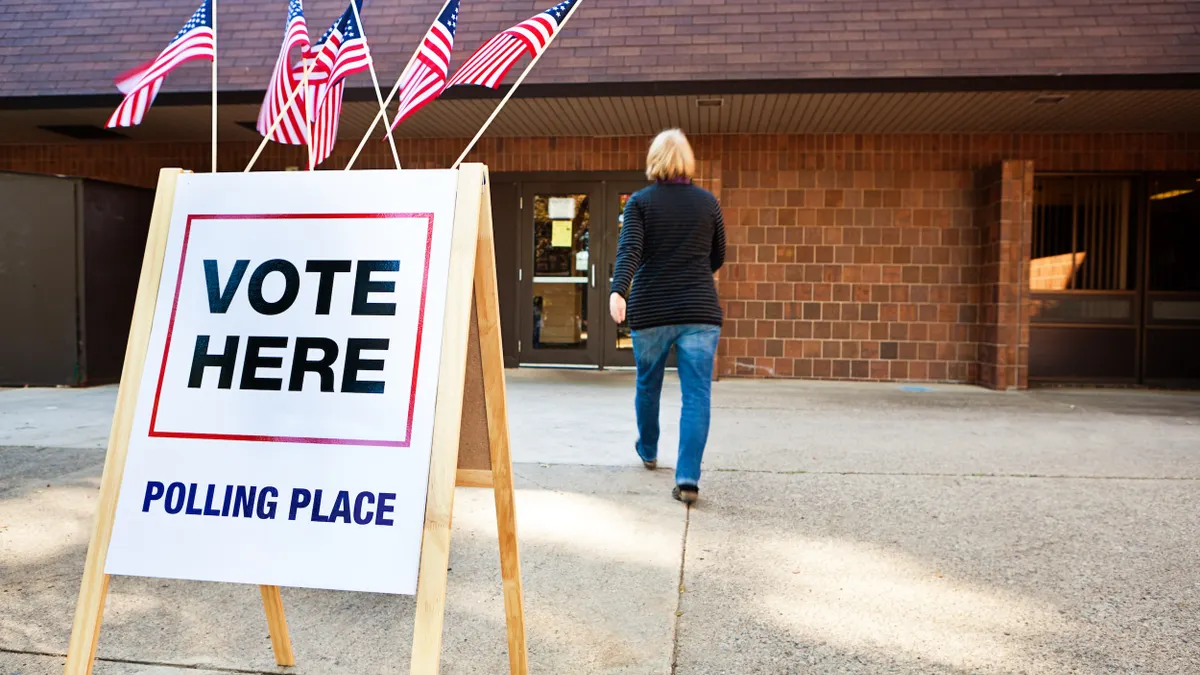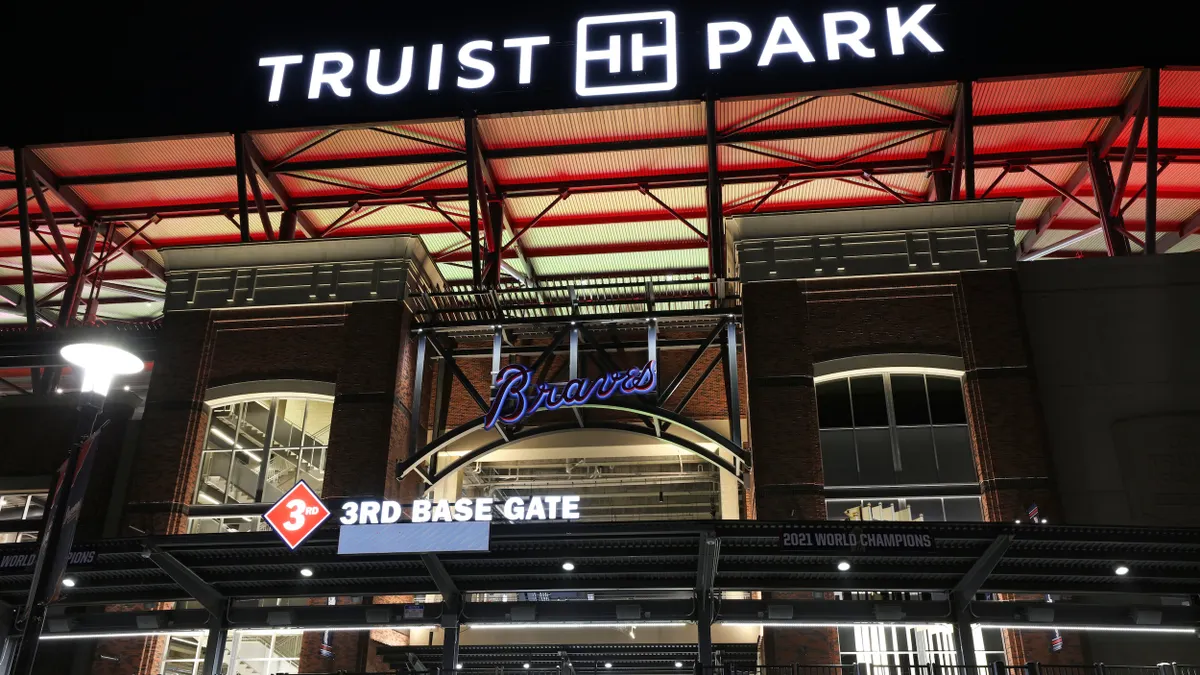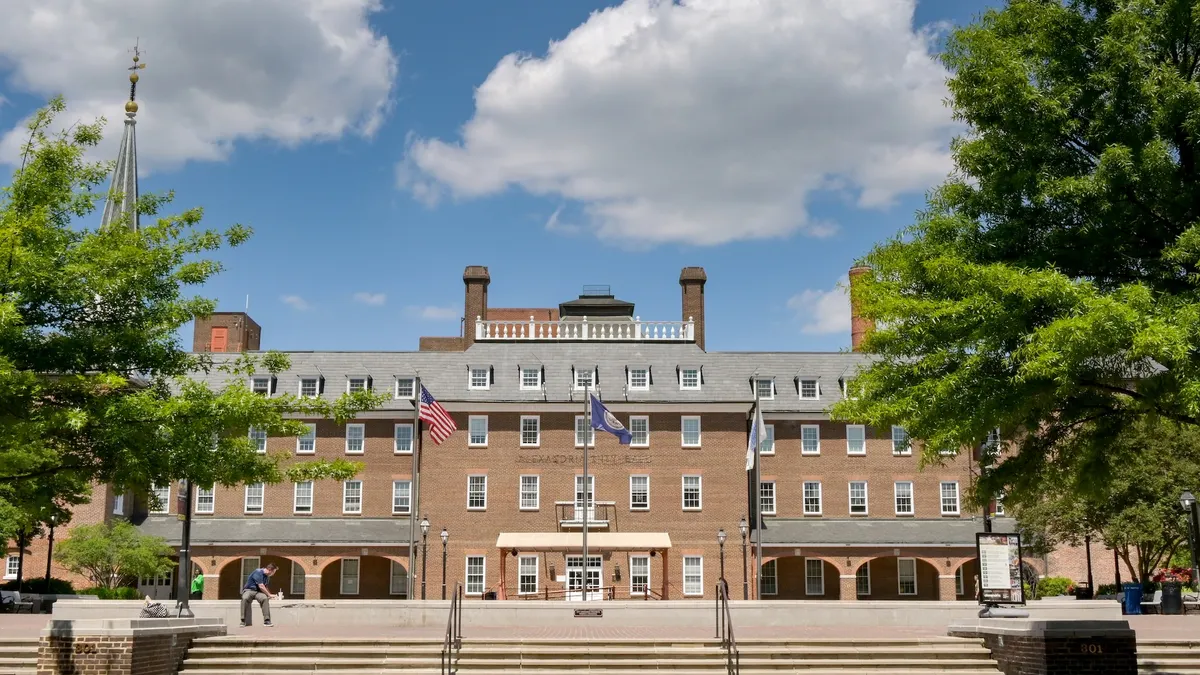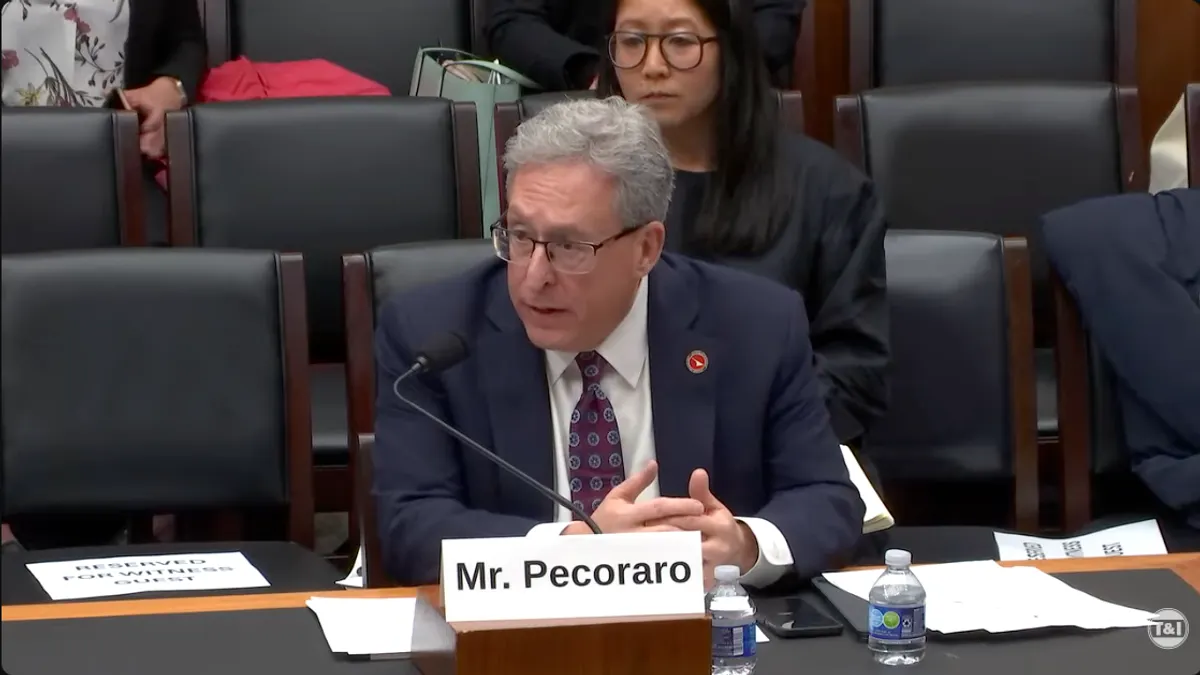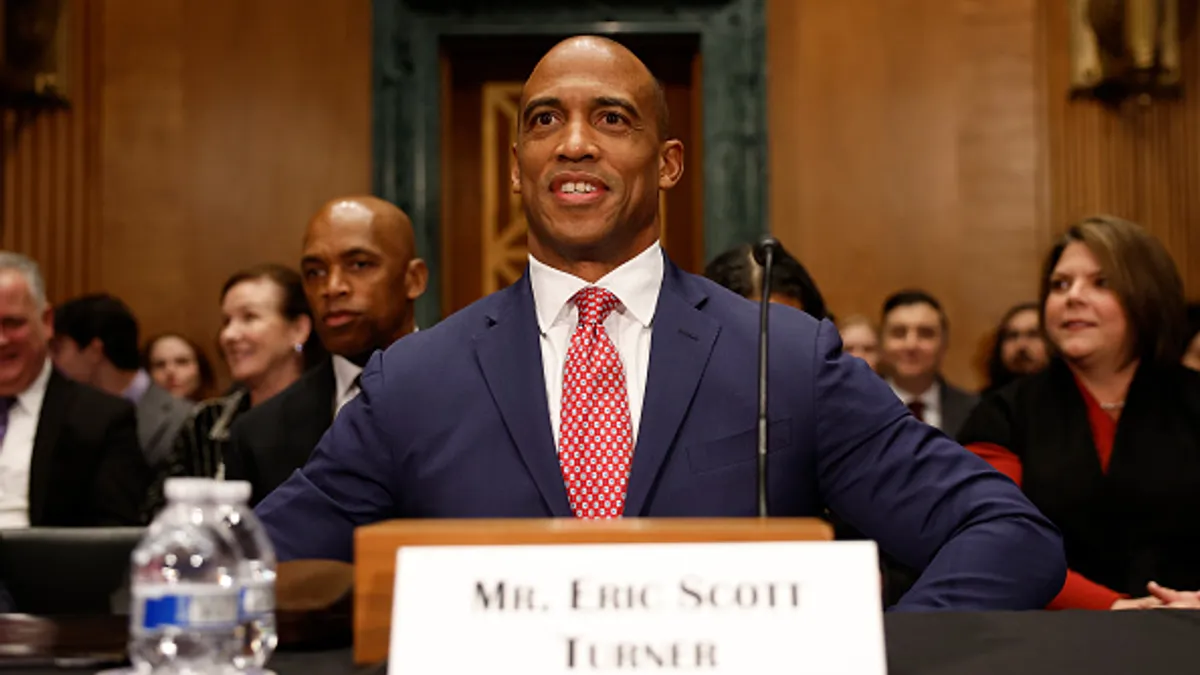Rows of houses surround Atlanta’s largest park, Chastain Memorial, located in an affluent area on the northern edge of the city. The park is home to ball fields, playgrounds, a pool, tennis courts and a walking trail that attracts more than 500,000 people each year.
Nearly half of the park's land is only accessible to golfers, though — an arrangement that may change in the face of COVID-19 as the city works through a 60-day sharing experiment to expand the public's use of the golf course.
Transforming the space
Chastain Park's popular 18-hole golf course has operated since 1940, with many of its rolling hills affording a view of the Buckhead neighborhood’s skyline. The course stretches 115 acres, or 43% of the park's 268-acre space, according to the City of Atlanta.
The golf course closed amid the onset of the novel coronavirus in March, while volume on the 10-foot-wide walking path became too heavy for proper social distancing. Atlanta Council Member J.P. Matzigkeit, whose jurisdiction includes Chastain Park, asked the mayor and parks commissioner to offer temporary public access to the closed golf course, resulting in its use as a de facto park — "an oasis for people," Matzigket said — and a community discussion regarding the land's future use.
"There’s not a lot of passive greenspace park land, if you will, for people to go and enjoy," Matzigket told Smart Cities Dive. "You had lots and lots of people who had found this space and said, 'Oh, my goodness, we need to keep this as park space' ... And then you had frankly about an equal number of people who are avid golfers who said, ‘Do not touch one blade of grass on that course. That is a golf course and it should remain a golf course.'"
When the course reopened to golfers on June 15, a 60-day experiment began: every Tuesday, the course will close to golfers and open to parkgoers. The idea was inspired by the famed St. Andrews Links golf course in Scotland, which opens to the public every Sunday, Matzigket said.
Mindy Kaplan, president of the Chastain Park Civic Association, went on walks along the golf course with her 9-year-old son when it was closed for COVID-19. It was her first time on the course, despite living in the neighborhood for four years.
"It was really nice having so much open space with nice ponds and streams and bridges and a good city view," she told Smart Cities Dive.
Kaplan has seen an even split between people who want the space as a park and those who want it to remain a golf course on both the civic association board and the community app Nextdoor.
Challenges
Initially opening the course as a park in March resulted in some issues. An increase in car traffic created a parking problem on residential neighborhood streets nearby, which so far hasn’t happened during the experiment. Kaplan and Matzigkeit also mentioned maintenance concerns from some kids swimming in the ponds and playing in the sand traps.
This experiment also necessitates financial considerations, Matzigkeit said. Chastain’s golf course raked in more than $1.6 million from 56,200 rounds played in 2019, according to city data provided to Buckhead.com.
That is perhaps why the Atlanta Department of Parks and Recreation chose Tuesday for public access, Matzigkeit said, as that day sees the lowest number of rounds played on average. But selecting one weekday for the experiment could present a problem for parkgoers, Kaplan said.
"It’s a challenging one to gauge interest in it as a greenspace just because it's in the middle of the week. But on the flipside, I do know that the golf course is profitable ... and the weekends are going to be the more profitable days,” she said. "But it's hard for some folks to get there on a Tuesday so you may not get quite the turnout, if that is your goal."
What's next?
This isn’t the first time an Atlanta golf course has evolved into park space for the public. In 1979, the course at Piedmont Park closed, freeing up 70 acres for what is now a well-used greenspace. Today, the park attracts 4.3 million visitors annually.
So far, the civic association hasn’t announced an official position on the future of the Chastain Park course.
"We're kind of just keeping a pulse on what's happening and then trying to make sure that we're involved in any long-term decisions," Kaplan said, adding that she would like to see more communication from Atlanta about the options available.
Before the experiment ends in mid-August, Matzigkeit is gathering input from the community, including through a virtual listening session held by his office and the parks department on July 22. Matzigkeit said the most likely post-experiment scenarios are for the land to once again serve as a full-time course or to become a type of shared amenity.
With 2,515 municipal golf courses nationwide in 2018, considerations about whether and how to share those many acres are important. No matter what is ultimately decided in Atlanta, opening the course to non-golfers has sparked fresh discussions about use of public space.
"It hadn't crossed my mind before. It's just always been a golf course and people golf on it," Kaplan said. "It just wasn't something that was on my radar as a possibility."
CORRECTION: An earlier version of this story cited an out-of-date reference to American Golf Corp., which was added in the editing phase. That organization no longer manages the golf course in Chastain Memorial Park.


